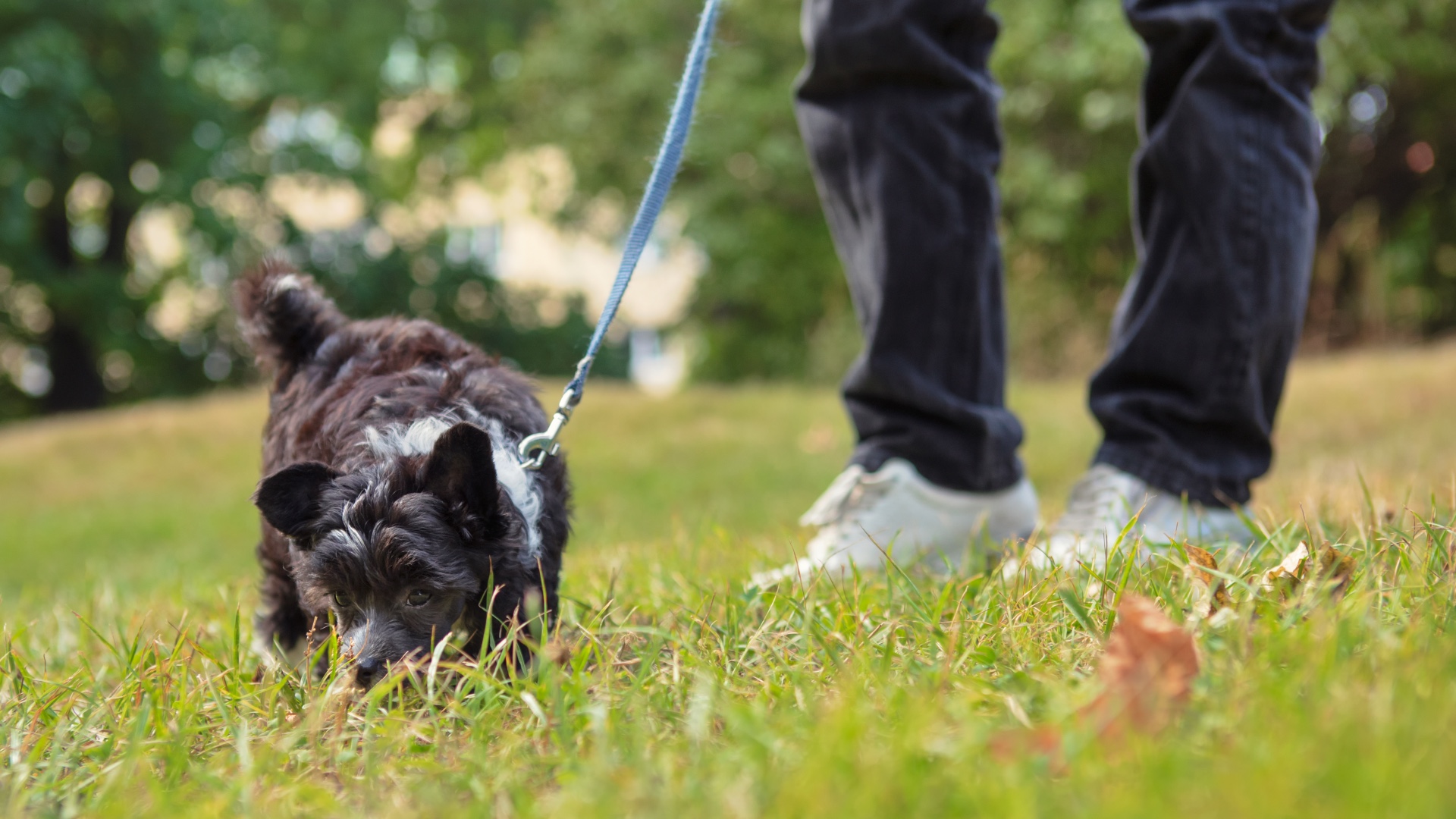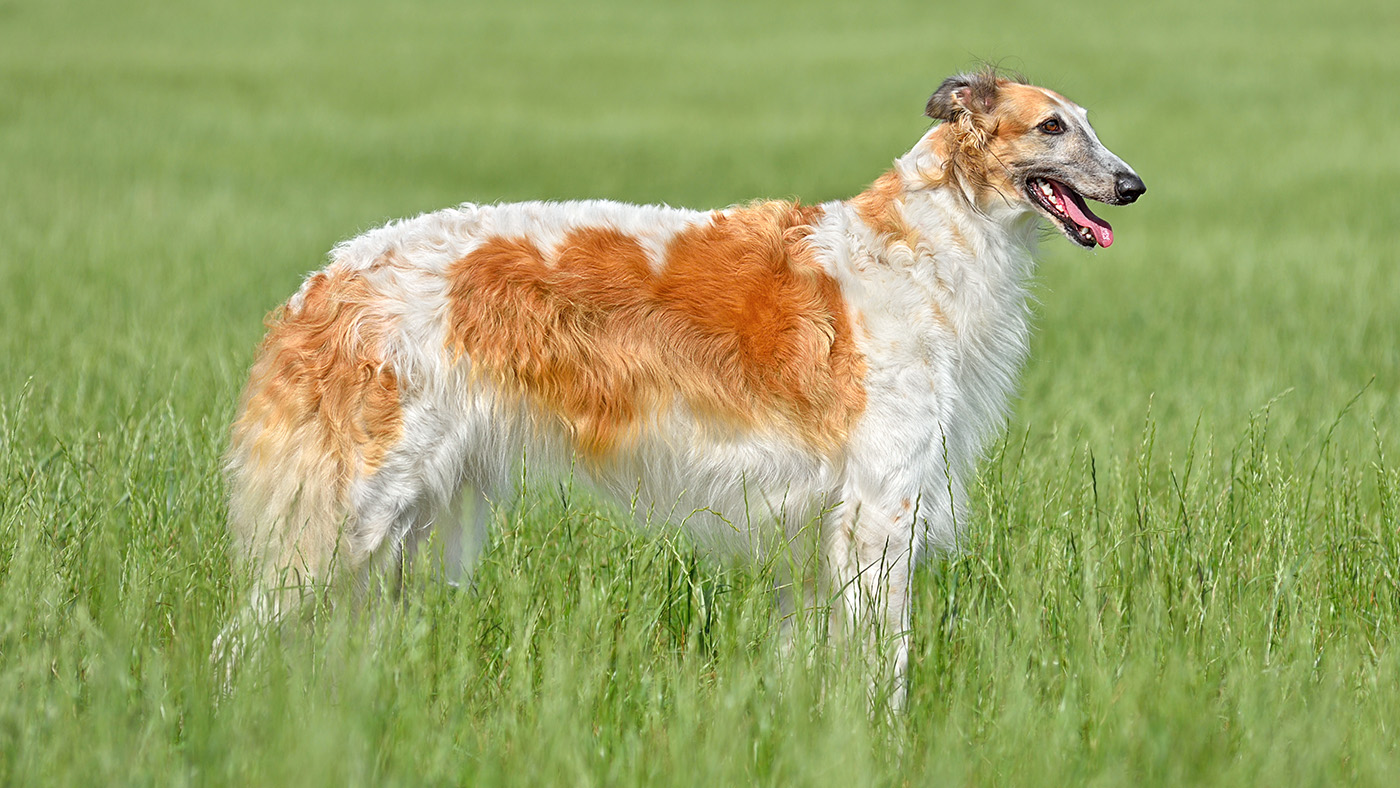Boost your reactive dog’s happiness and help them feel calmer with this clever tip from an expert trainer
If you have a reactive dog, this trainer's simple technique will help them stay relaxed in stressful situations

Do you have a reactive dog? If so, you don't need us to tell you how challenging this issue can be.
Reactive dogs have an overreaction to common stimuli in their environment. It could be the doorbell ringing which triggers a barking response or spotting another dog when out for a walk, causing your pup to start lunging.
Whatever the trigger, understanding how to calm a reactive dog will help make your life that much easier.
Thankfully, expert trainer Julianna DeWillems has shared a useful video to Instagram in which she reveals an incredibly simple thing you can do to boost your dog's happiness and help them relax.
And the best bit? All you need is a bag of the best dog treats!
A post shared by JW Dog Training & Behavior Consulting (@jwdogtraining)
A photo posted by on
DeWillems says that one of the simplest ways of dealing with reactivity is to use the treat scatter method.
This is particularly useful when you're out on a walk and can spot a potential trigger coming towards your dog.
PetsRadar Newsletter
Get the best advice, tips and top tech for your beloved Pets
The minute you spot the trigger in the distance (perhaps it's another dog, a stranger, or a squirrel), scatter a handful of treats on the ground or in the grass and let your dog use their nose to sniff them out.
"When we use a treat scatter we make sure we are far enough away from the trigger that our dog will not be startled or suddenly go over threshold," DeWillems explains.
Although scattering treats may not seem like it would do all that much for your dog's reactivity, DeWillems says it offers nervous, reactive, or excitable dogs a lot of benefits.
Treat scatters "prompt the dog to put their head down and sniff the ground and eat. These behaviors are great replacement behaviors to barking and lunging," she explains.
Sniffing and eating also have a calming effect on your dog, so they're great for avoiding or diffusing any potential conflict between your dog and another dog.
"Scatters are also easy to practice, so they become muscle memory for you and your dog and they're easy to implement in high stress situations," DeWillems adds.
Practice treat scatters when there's nothing going on so that your dog is really good at them by the time they encounter a trigger.
And if you feel you and your pup would benefit from some extra support in dealing with their reactivity, check out our guide to how to spot dog trainer red flags to ensure you choose a suitably qualified professional.

Kathryn is a freelance writer who has been a member of the PetsRadar family since it launched in 2020. Highly experienced in her field, she's driven by a desire to provide pet parents with accurate, timely, and informative content that enables them to provide their fur friends with everything they need to thrive. Kathryn works closely with vets and trainers to ensure all articles offer the most up-to-date information across a range of pet-related fields, from insights into health and behavior issues to tips on products and training. When she’s not busy crafting the perfect sentence for her features, buying guides and news pieces, she can be found hanging out with her family (which includes one super sassy cat), drinking copious amounts of Jasmine tea and reading all the books.
